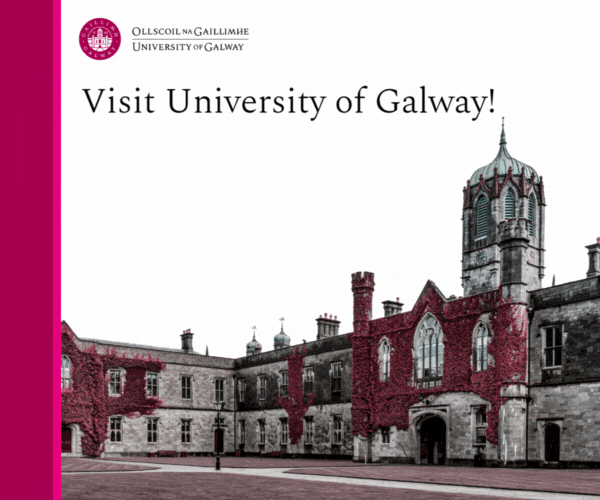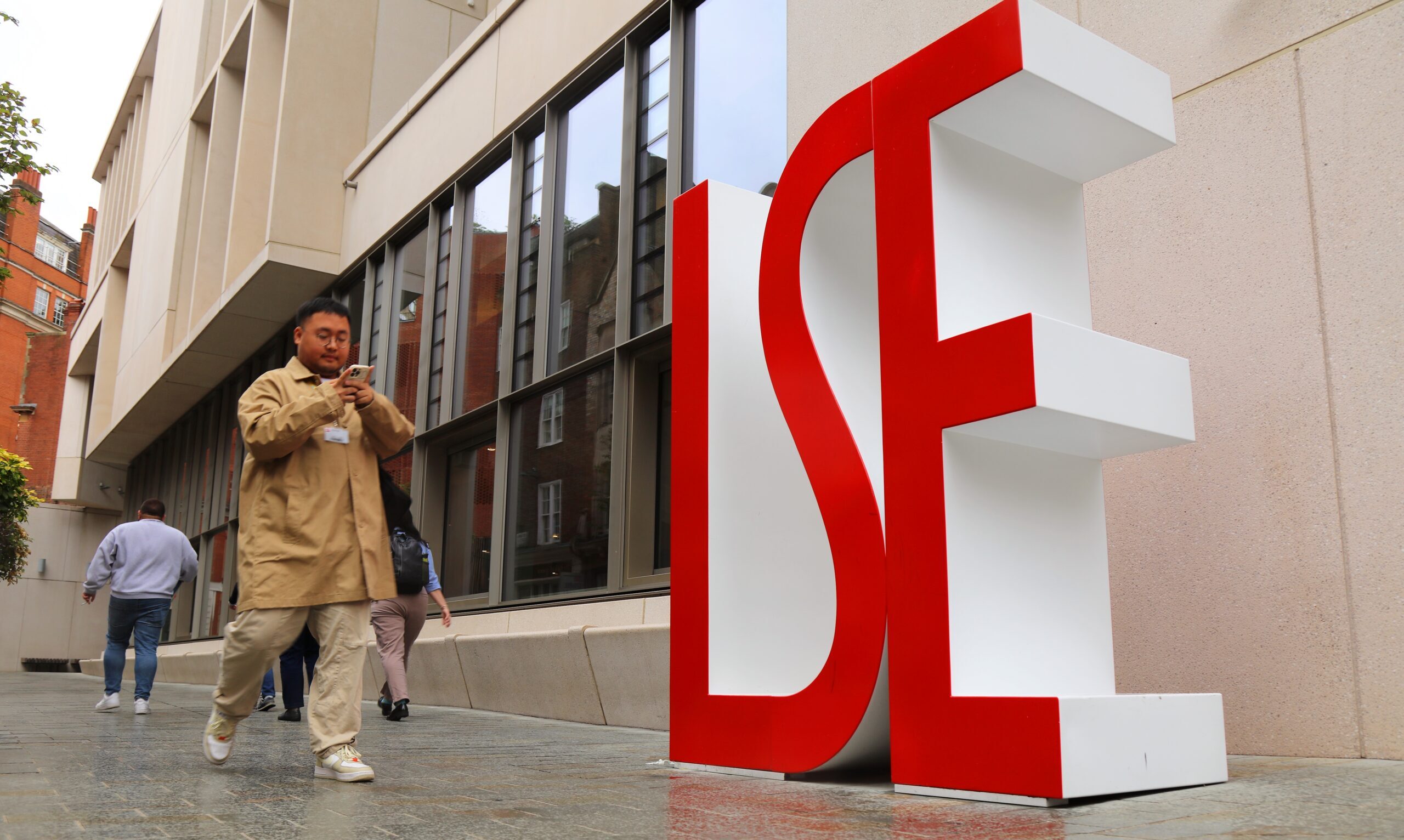India is becoming the next transnational education (TNE) hotspot, with nine top UK universities having announced plans to open overseas branch campuses out there. Earlier this year, the University of Southampton became the first of this new tranche of campuses to open its doors, with several others close behind.
As the TNE boom continues, several universities have revealed the independent providers that are helping them set up their campuses in India. Meanwhile, other providers have expressed an interest in this space.
Here’s our list of who’s working with who.
Who’s opening a campus in India?
Nine UK universities have confirmed they are joining the TNE scramble in India. They are:
- The University of Southampton
- The University of Liverpool
- The University of York
- The University of Aberdeen
- The University of Bristol
- Coventry University
- The University of Surrey
- Lancaster University
- Queen’s University Belfast
Who are they working with?
Oxford International Education Group (OIEG) – Southampton has confirmed it worked with OIEG in setting up its campus in Gurugram, which opened earlier this year. OIEG provided the financial backing and the professional services needed to set up the campus
India Business Group – Another provider assisting Southampton on the ground, India Business Group is providing the university with strategic support.
Emeritus and Daskalos – The University of York has confirmed it is working with the edtech platform Emeritus to set up its Mumbai campus. Working alongside Emeritius is Daskalos – a new venture from Atul Khosla, the founder and vice-chancellor of Shoolini University, as confirmed by Khosla in a LinkedIn post. Khosla has said Emeritus and Daskalos’s partners include “three Russell Group Universities, one of the oldest universities of the world, a top tier US university and a leading Australian university”.
Khosla has also confirmed on LinkedIn that Daskalos and Emeritus are working with the University of Liverpool on its Bengaluru campus, as well as the University of Bristol on its Mumbai campus. Meanwhile, it appears that the University of Aberdeen may be another institution working with the duo, with a job posting advertising an Emeritus job at the university.
Study World – The education infrastructure company Study World is working with Coventry on its GIFT City campus, according to local news reports. The company’s group chief operating officer Kate Gerrard is quoted as saying: “Study World has over two decades of experience in delivering a wide range of educational services in partnership with leading international universities around the world. This association with Coventry University in India will be highly beneficial for students in India and the wider region.”
GUS Global Services – The University of Surrey has confirmed it it is working with GUS Global Services, with GUS leading on strategic support services such as Indian student enrolment support, advice on the local market and campus and operational management.
For their part, Lancaster University and Queens University Belfast have remained tight lipped on which providers – if any – they are working with as they explore setting up campuses in India.
Which other providers could be eyeing up opportunities?
GEDU Global Education – the UK-headquartered company has already invested in several campuses in GIFT City, making it a prime provider to step in and help institutions set up overseas branches in India.
UniQuad – an arm of ECA, which has previously partnered with UK universities to run overseas campuses and other TNE projects, UniQuad is a new division with a specific goal of introducing university partners to India’s evolving educational landscape, meaning it’s well placed to help in this area.
Amity – the private Indian provider is already working with major British institutions – such as Queen Mary University of London – on program articulation arrangements in India, as well as having MoUs with others on things like joint research and dual degrees. Could it be looking to expand into new ventures?
British Council – while the British Council isn’t a private provider, it is a key strategic enabler for institutions looking to set up in India. It can help with policy dialogue and advocacy, support through the UK Universities in India Alliance, as well as providing market intelligence, helping institutions decide which partners are right for them.










